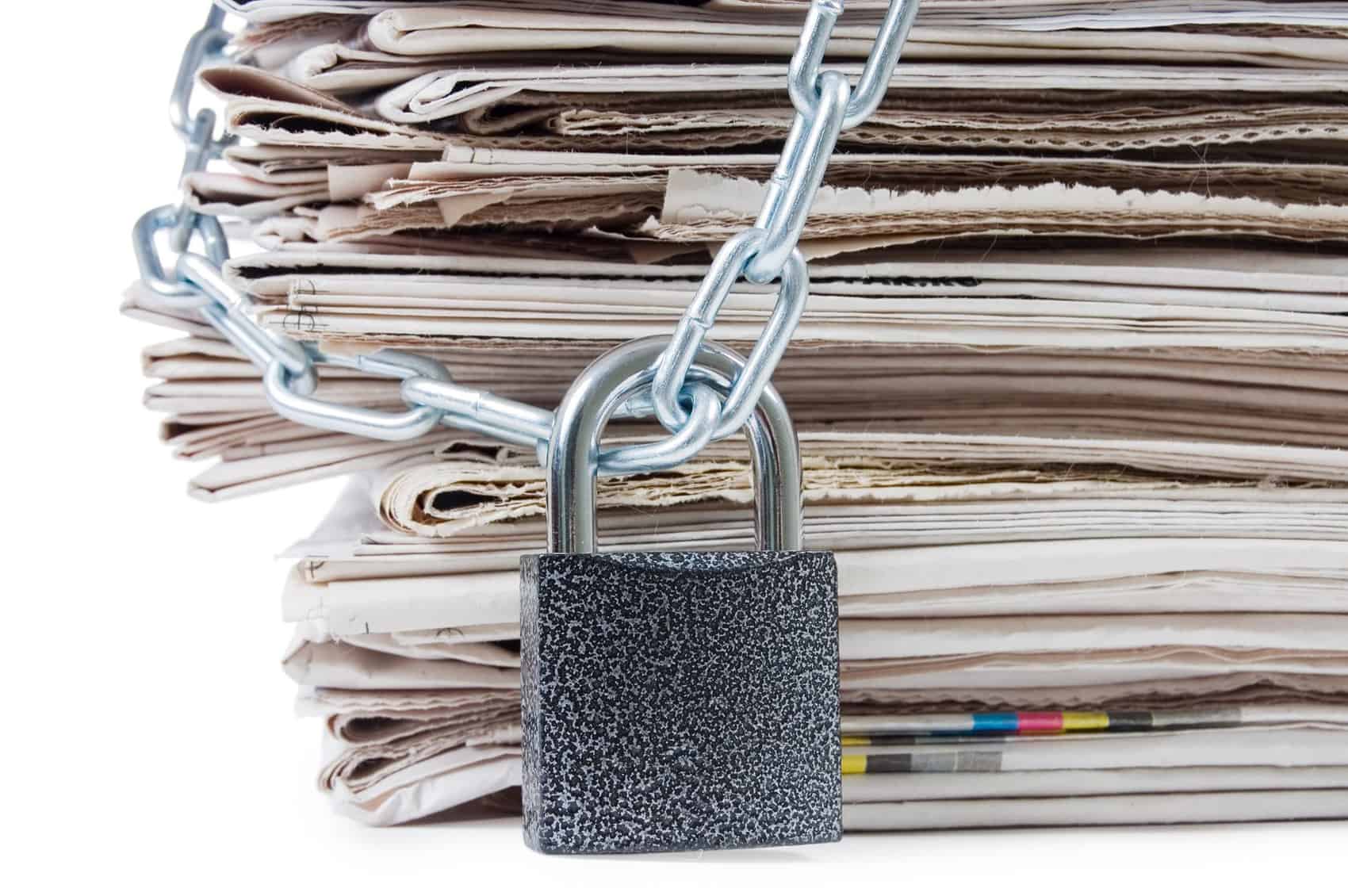Costa Rica has long been a beacon of democracy in Latin America, with a proud history of protecting press freedom. But the 2025 World Press Freedom Index by Reporters Without Borders (RSF) paints a worrying picture: our country has slipped 10 spots, from 26th to 36th place globally. This marks the fourth year in a row of declines, a stark contrast to our peak at 5th place in 2021. So, what’s going on? Let’s dive into the reasons behind Costa Rica’s drop, how we stack up in Latin America, and what this means for Ticos and the media we rely on.
Why Is Costa Rica Falling?
According to RSF, the main culprit is a series of verbal attacks by government officials, particularly President Rodrigo Chaves, against journalists and media outlets like La Nación and Teletica. Since Chaves took office in May 2022, his administration has been criticized for targeting the press with harsh rhetoric, accusing outlets of obstructing governance. A 2023 Constitutional Chamber ruling even found Chaves guilty of violating press freedom through these attacks. Another blow came from a 2022 government directive—confirmed by leaked audio in December 2023—to withhold state advertising from critical media, a move seen as economic pressure to silence dissent.
On top of that, journalists have faced growing online harassment, including death threats from pro-government trolls. RSF also notes restricted access to public information, with some state entities stonewalling media requests. While Costa Rica remains a safe haven for journalists compared to other Latin American countries—no physical threats or imprisonments here—these political and economic pressures have taken a toll. The RSF Index evaluates five indicators (political, legal, economic, sociocultural, and safety), and Costa Rica’s political score has seen the sharpest decline, dropping 15.68 points since 2022.
Comparing Costa Rica in Latin America
Despite the drop, Costa Rica still leads Latin America in press freedom, classified as having a “fairly good situation”—the only country in the region to earn this status. Uruguay follows at 59th, while Argentina (87th), El Salvador (135th), and Nicaragua (172nd) lag far behind. Here’s a quick look at how we stack up:
| Country | 2025 Rank | Key Issues |
|---|---|---|
| Costa Rica | 36th | Verbal attacks by government, restricted info access, online harassment |
| Uruguay | 59th | Online harassment of journalists, especially women |
| Argentina | 87th | President Milei’s media stigmatization, public media dismantling |
| El Salvador | 135th | Spyware against journalists, propaganda under President Bukele |
| Nicaragua | 172nd | Over 120 journalists exiled, independent media forced underground |
Nicaragua’s situation is particularly dire, with the Ortega-Murillo regime dismantling independent media, forcing outlets like Divergentes to operate from exile. El Salvador’s Nayib Bukele has been accused of using spyware to target reporters, while Argentina’s Javier Milei has shut down the country’s largest news agency. Costa Rica’s challenges, while serious, pale in comparison, but the downward trend is a wake-up call for a country that prides itself on democratic values.
Press Freedom Under Pressure
Costa Rica’s decline mirrors a troubling global trend. For the first time since RSF launched the Index in 2002, the global press freedom situation is classified as “difficult.” Over 60% of countries saw their scores drop, with half now rated as “difficult” or “very serious” for journalism. In the Americas, the United States fell to 57th, with Donald Trump’s second term (starting January 2025) intensifying attacks on media, including funding cuts to outlets like Voice of America. Economic pressures are also a growing threat, with newsrooms worldwide shutting down due to ownership concentration and dwindling ad revenue.
RSF points to political pressure as the biggest driver, with a global 7.6-point drop in the political indicator. From Argentina’s media crackdowns to Nicaragua’s outright censorship, governments are increasingly failing to protect journalists’ autonomy. Even top-ranked countries like Norway (1st) and Denmark (2nd) saw their political scores slip. Costa Rica, once a top-10 regular, now faces the challenge of reversing this slide to reclaim its reputation as a press freedom leader.
The good news? Costa Rica’s legal framework and cultural respect for free speech are still strong. We’re a refuge for persecuted journalists, including Nicaraguans fleeing repression. But we can’t take this for granted. As we head toward the 2026 elections, it’s worth asking: How can we support our journalists and hold leaders accountable for respecting press freedom?






